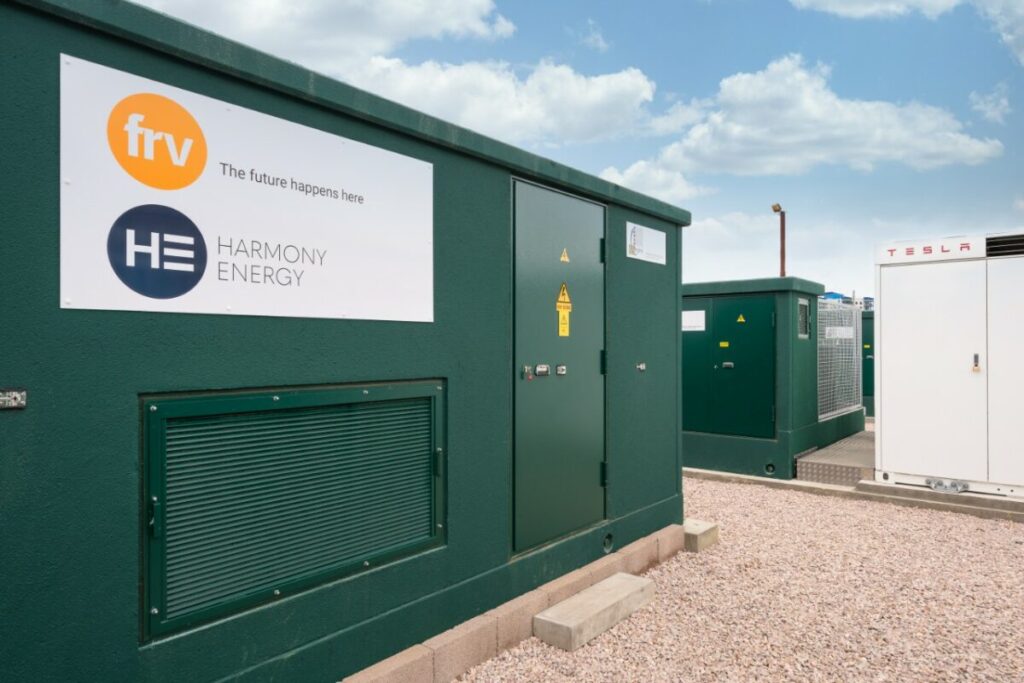
Harmony Energy Income Trust (HEIT), a leading battery energy storage system (BESS) investment firm, has released its interim results for the six months to April 30 2024.
While operational revenue increased to £8 million, compared to £2.3 million in the same period the previous year, the company’s Net Asset Value (NAV) has dropped by £43.59 million since October 2023.
Norman Crighton, chair of Harmony Energy Income Trust said: “The Company is working through a critical phase of its development cycle as an Investment Trust. Over the coming months, our final three assets will become fully operational, which will lead to a substantial increase in income, other things being equal. This factor, together with the encouraging market signals described in this Interim Report, encourages the Board that the worst is behind us and better, more profitable times lie ahead.”
The release of this report follows a difficult year for HEIT. In February, the firm revealed that its BESS revenues for the year ending October 31 2023 were “markedly lower” than the previous year, owing to a “weak revenue environment for BESS assets”. Despite this, statements accompanying HEIT’s release of its full financial results later that month were notably optimistic, predicting “attractive returns”.
However, in May, the firm announced it had cancelled its first quarter dividend and had appointed JLL to sell some or all of its BESS portfolio. Speaking at the time, HEIT said this was partly to demonstrate that the fund was undervalued by markets, stating that it took the action to “maximise value and demonstrate the continuing disconnect with the share price”.
Looking at the financial results released today, HEIT appears to be optimistic that the cancellation of dividends, as well as the restructuring of debt arrangements with NatWest and Rabobank, will provide the necessary “stability and freedom” for future success. The report notes that the company “maintains the requisite funds to complete the construction of its remaining three under-construction projects”, the Rusholme, Wormald Green and Hawthorn Pit projects, which together will have a capacity of 117.9MW. HEIT added that “once energised, the Company’s operational portfolio, and therefore our ability to generate additional revenue, will increase by 42%, reaching 395.4 MW.”
However, these BESS projects have recently had their commercial operational dates pushed back to Q3 2024, due to delays to a distribution network operator’s connection programme and balance of plant contractor delays.
What’s the outlook for UK BESS?
The outlook for the UK BESS market remains mixed, with good and bad news seemingly in equal measure.
High energy prices caused by the energy crisis remain a significant limiting factor for the UK BESS market. Consumers are forced to use less energy, so overall demand drops, limiting the BESS market. Concerningly, according to Cornwall Insight, energy prices are unlikely to drop to pre-crisis rates until late into this decade.
On a more positive note, Ernst & Young’s most recent Renewable Energy Country Attractiveness Index (RECAI) ranked the UK BESS market as the third best in the world, with the report noting the technology’s potential as a solution to grid management and price volatility. The sector has been seeing immense growth in the UK, with the battery projects pipeline increasing by two-thirds year-on-year for the second consecutive 12 month period.

